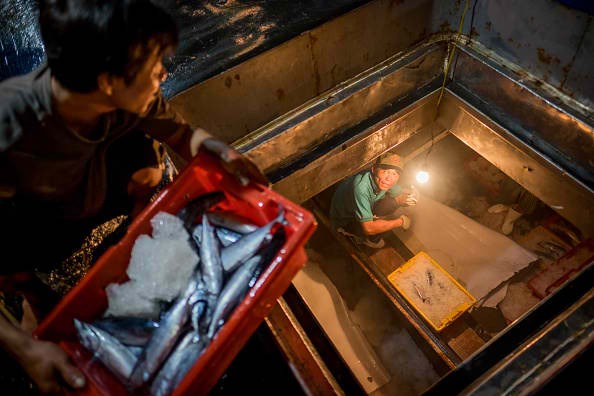China claims that many islands found in the South China Sea are Chinese territories, but historians claim that the country is stretching the fact too far.
The Chinese foreign ministry corrected the U.S., but the American government claimed that the Beijing official has an incorrect interpretation of history.
Chinese Foreign Minister Wang Yi said last week that Japan should return the islets found in the waters in dispute because there was an agreement made after World War II.
These islets are now found in the 3.5-million-square-kilometer span of the ocean and are all being contested by Brunei, Malaysia, Taiwan and Vietnam. Experts said that China's historical recall is questionable.
Yun Sun, East Asia Program senior associate at the Stimson Center think tank in Washington, said: "I think there is some truth to the historical facts, quote quote, that he referred to in his talk, but it's not the whole truth and I believe that they were stretching the scope and the depth of the historical records, as well."
As for the Philippines, the claim on the Spratly Islands was already made firm by a United Nations declaration last year in a world court arbitration.
Vietnam is also contesting the claims from Beijing and stands firmly with their claim because the 1943 Cairo Declaration and 1945 Potsdam Declaration do not apply to former French colonies.
The two declarations are used as the reference by China in claiming the Spratly Islands.
Taiwan is having a difficult time defending its claim over Itu Aba, an island that is also found in the South China Sea. Taiwan is not a member of the U.N., and they are not the priority of the United Nations Convention on the Law of the Sea.
The tribunal eventually rejected Taiwan's claim.
"We absolutely will not accept [the tribunal's decision] and we maintain that the ruling is not legally binding on the ROC," said a statement from Taiwan's president.
Fabrizio Bozzato, an associate researcher specializing in international affairs at Tamkang University in Taiwan, said, "China's claim to sovereignty over the South China Sea is grounded in diplomatic history and on specific international treaties and documents."
"This, of course, does not mean that Chinese claims are non-debatable or uncontested," he added.



























